Committee
Mr Nat Heath
Founder, TriMob & Director Moorditj Ways Consulting
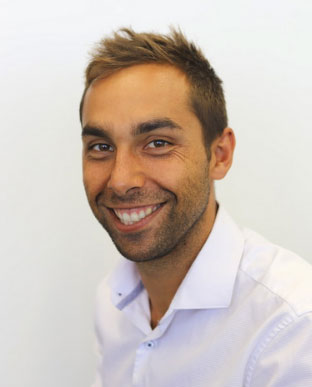
Mr Nat Heath
Founder, TriMob & Director Moorditj Ways ConsultingNat Heath is a proud Aboriginal man from the Martujarra and Noongar peoples. He completed a Bachelor of Social Science with a focus on Aboriginal Studies, Social Policy and Sociology in 2006 at the University of Newcastle.Nat has over 15 years experience working in Aboriginal education working in the early childhood education sector, primary and secondary education spaces and also in tertiary education in Aboriginal and non-for-profit organisations as well as government agencies. This experience has led Nat to understanding and seeing the impact trauma caused by colonisation and both past/current government policies has detrimentally impacted on First Nations mental, emotional and spiritual well-being.Nat currently is the Manager of the Aboriginal Engagement and Policy Team within the NSW Department of Education (Early Childhood and Education Directorate) and is a Board Director of The Indigenous Marathon Foundation (founded by Robert De Castella).
Libby Cook-Black
Founder, Female Co.
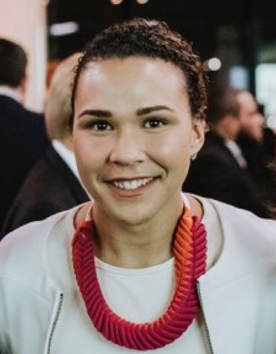
Libby Cook-Black
Founder, Female Co.Libby is a Torres Strait Islander woman, from the Samsep clan on the eastern island of the Torres Straits, Erub Island (Darnley Island). Libby has previously worked as the Senior Cultural Advisor for Queensland Corrective services advocating for culturally safe practice, and support for Aboriginal and Torres Strait Islander individuals, perpetrators, victims, families and community that come into contact with the criminal justice system. Recently moving into the Aurukun Justice Reintegration Program role that aims to reduce the crime within the community of Aurukun specifically.
Libby holds a degree in Justice, and is currently completing a post graduate certificate in business, public sector management. Libby is an Australian Indigenous Education Foundation Alumni, Former Australia Rugby League Jillaroo, Queensland Reds Rugby Seven, and recent participate of the Indigenous Marathon Foundation.
Tahnee Sutton
Project Lead for SA Health’s Investment into Closing the Gap - Mental Health
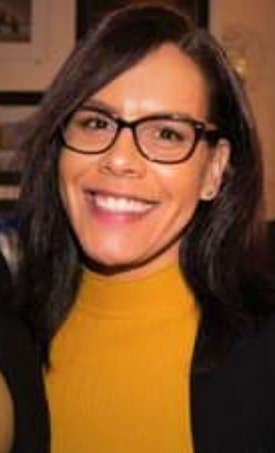
Tahnee Sutton
Project Lead for SA Health’s Investment into Closing the Gap - Mental HealthTahnee is a proud Narungga, Arrernt, Ngarrindjeri woman, born and raised in Adelaide, South Australia.
Tahnee has previously worked as a Minister Liaison Officer, Aboriginal Procurement/Policy Officer and currently is the Project Lead for SA Health’s Investment into Closing the Gap - Mental Health.
Her strong interest in mental health/wellbeing has come from wanting to empower her community to address the continuing effect of intergenerational trauma and to live a life free of chronic disease and mental ill-health.
Mr Daryl Hobbs
Senior Psychologist, Winda-mara Aboriginal Corporation
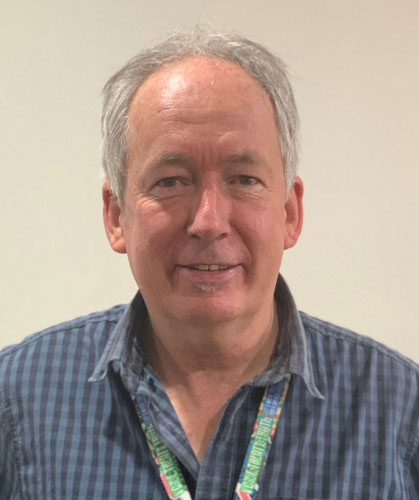
Mr Daryl Hobbs
Senior Psychologist, Winda-mara Aboriginal Corporation Daryl is a Senior Psychologist who has worked across 3 aboriginal communities of Gunditjmara Nation SW Victoria, for the past 7yrs. This followed a 17 year history of on-call work in both public psychiatry & the disability sector. He has qualified in Psychology, Human Biology, Family Therapy (Indigenous), Theology, and ….. Motorcycle Mechanic? Daryl has had extensive international training and membership in areas of complex trauma informed care, that is energised by lived experience. He currently has a lead clinical role in 2 multidisciplinary teams founded on Maslow’s hierarchy of need – derived from the Siksika (Blackfoot) way of life.Mr Shane Mohor
CEO, Aboriginal Health Council of South Australia Ltd.
-web.jpg)
Mr Shane Mohor
CEO, Aboriginal Health Council of South Australia Ltd.Shane Mohor is currently the CEO of the Aboriginal Health Council of SA Ltd (AHCSA) and has been with the AHCSA since 2010. AHCSA is the peak body for the Aboriginal Community Controlled Health and Substance Misuse Services across South Australia. Shane has worked in Aboriginal health as a Registered Nurse and Senior Executive in Government, University and Non-Government Organisations for over 30 years in South Australia as well as interstate.
Shane has a passion for the Aboriginal Community Controlled Health sector and is strongly committed to improving the health and well-being status of Aboriginal people. He is very supportive of collaborative research projects that are Aboriginal led, owned and driven, and that will provide positive outcomes for the Aboriginal Community. He is also strongly committed to the advancement of employment for all Aboriginal people, in particular for Aboriginal Health Workers and Practitioners.
Shane is the Chairperson for Nunkuwarrin Yunti of SA Inc. and an inaugural Director for the Riverland Mallee Coorong Local Health Network Board. Shane is also a Member of the Speech Pathology Australia, Aboriginal Committee, and AHCSA’s Member on the South Australian Aboriginal Community Controlled Organisation Network
Dr Lynne Russell
Senior Research Fellow, Māori Health, Victoria University of Wellington
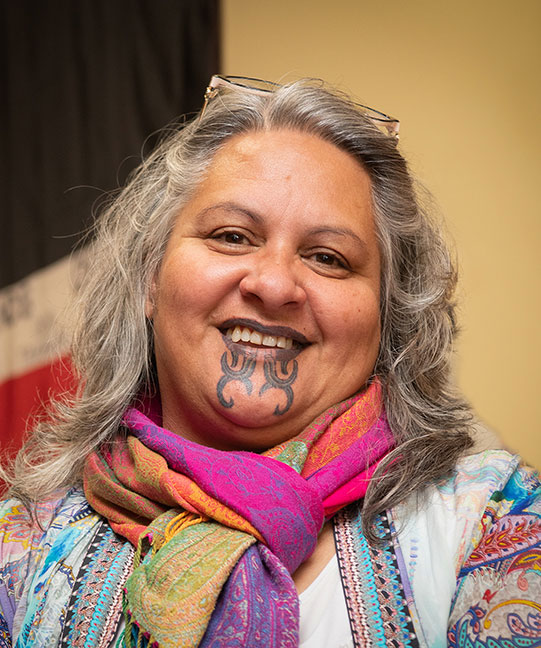
Dr Lynne Russell
Senior Research Fellow, Māori Health, Victoria University of WellingtonDr Lynne Russell works as a Senior Research Fellow - Maori Health with the Health Services Research Centre (HSRC) at Victoria University of Wellington.
Much of Lynne's professional and academic work has centred around the Indigenous knowledge and healing practices used in recovery from trauma associated with mental distress, suicide loss and self-harm. She describes herself as an writer, activist and public speaker stirred by cultural resilience, social justice, Indigenous and LGBTI rights, and the amplification of voices more readily silenced in society.
Ms Maraea Johns
Kaitohu Mātāmua Māori | Chief Advisor Māori, Mental Health and Wellbeing Commission
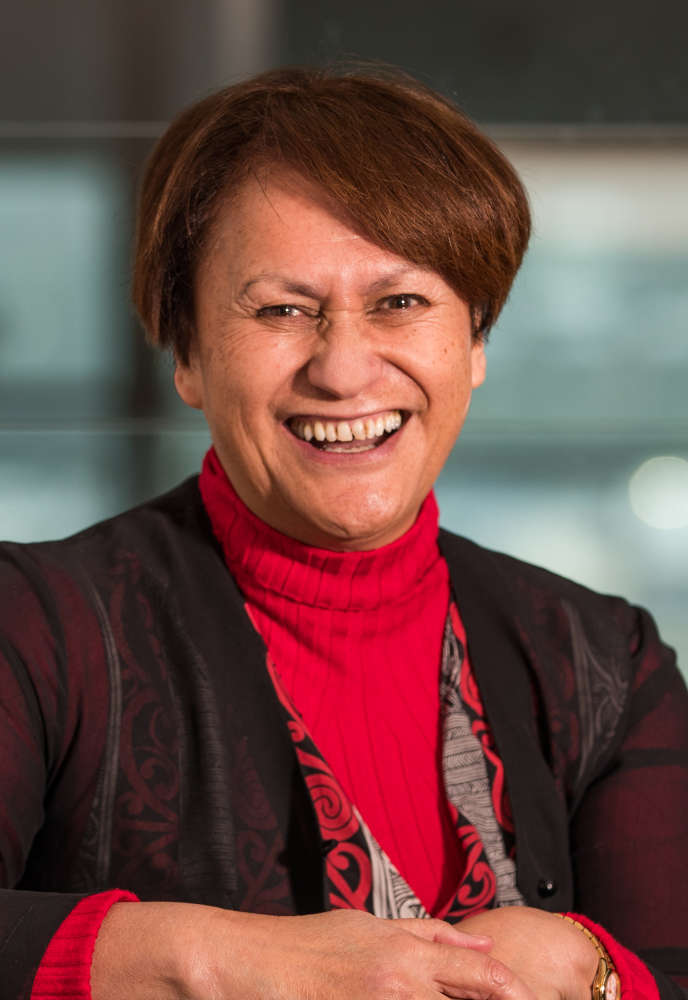
Ms Maraea Johns
Kaitohu Mātāmua Māori | Chief Advisor Māori, Mental Health and Wellbeing CommissionMaraea is Te Hiringa Mahara Director Māori, the role that partners with the Chief Executive and Leadership team to provide strategic and operational advice and direction that reflects the commitment of Te Hiringa Mahara to being grounded in Te Tiriti o Waitangi (Te Tiriti).
She leads the design and development of a Te Tiriti framework and implementation plan, building on Te Tiriti Position Statement to drive and inform all the functions of Te Hiringa Mahara. Authentic Te Tiriti partnerships with iwi, engaging effectively with Māori, increasing the capability of Te Hiringa Mahara and reviewing policies and procedures from a Te Tiriti lens are a key focus and driver of her work at Te Hiringa Mahara.
Maraea has a grounded understanding working with (and as a member of) whānau, hapū, iwi and Māori communities. Māori provider knowledge and experiences, past roles at programme, policy, and senior management levels in the Ministry of Health, DHBs, ACC and other sectors including education, justice, and defence, complement her role in Te Hiringa Mahara.
Holding strong interest both personal and professional in Māori mental health and wellbeing, te reo Māori, te ao Māori, mātauranga Māori and Te Tiriti, Maraea embraces all these ‘taonga tukuiho’ as lifelong pursuits of continuous learning for all.
Maraea holds a Diploma in Rehabilitation, BA double major in Psychology and Māori Studies, PGDip in Management Studies, Masters in Business Administration and is part-way through a Masters in Clinical Psychology.
Mrs Asha Bhat
Chief Executive Officer, Southern Aboriginal Corporation
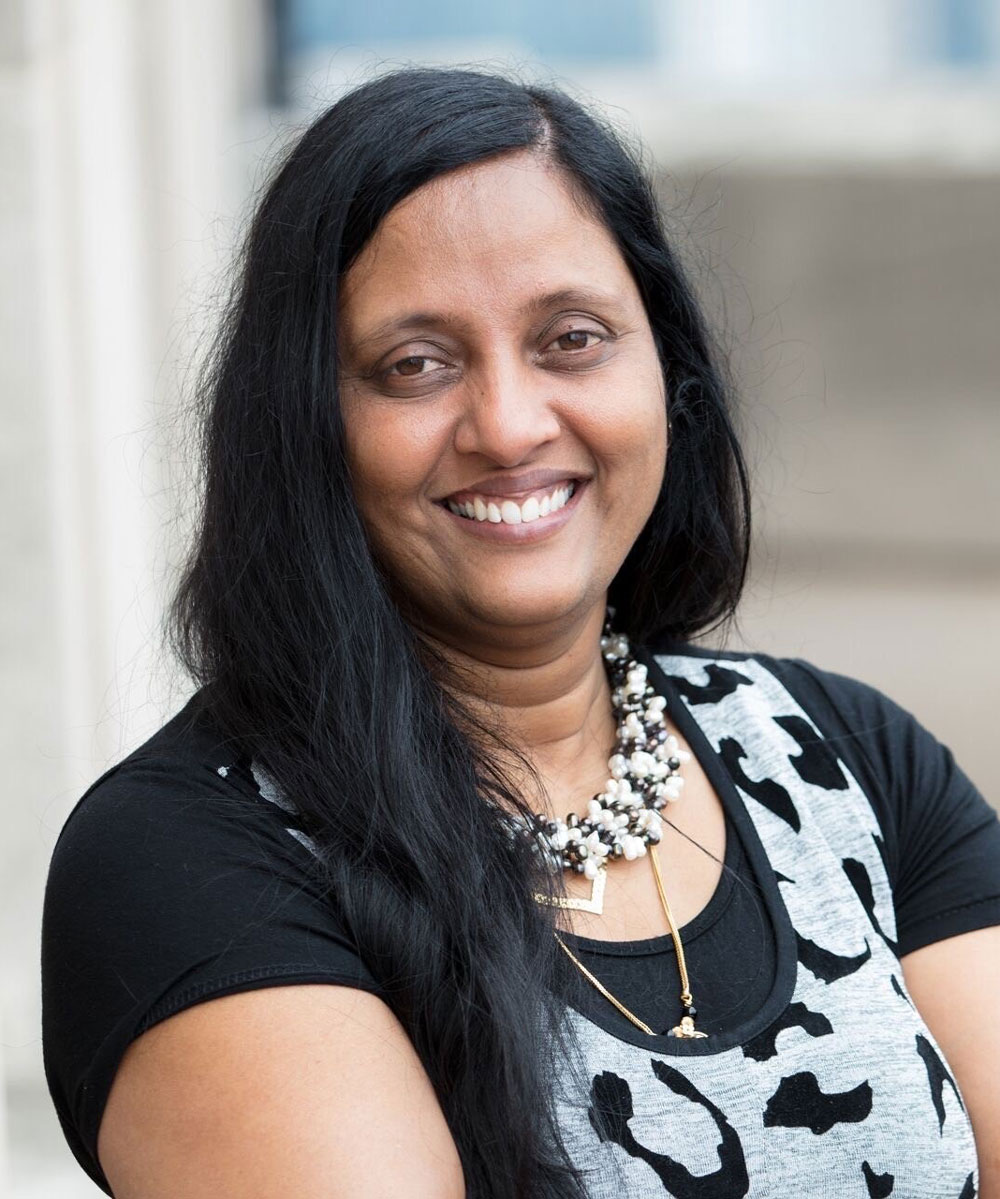
Mrs Asha Bhat
Chief Executive Officer, Southern Aboriginal CorporationLike the organisation she leads, Asha’s personal commitment to constantly develop better outcomes towards ‘Closing the Gap’ between Indigenous and non-Indigenous Australians in the areas of Economic Prosperity, Individual Prosperity, Community Prosperity and Environmental Prosperity, is second to none.
Asha spends every day ensuring that critical services are provided seamlessly to some of Australia’s most vulnerable communities.
Asha is now an Australian citizen; however, she was born in India. English is her third language. She has risen to the top of the organisation because she tirelessly invests her time and energy into helping to improve the culture and environment for everyone.
Asha advocates for change every day. She goes above and beyond to make her community - and, by extension, the world – a better place. She confronts unfairness. She constantly rolls up her sleeves and she uses her skills, wisdom and knowledge to help change the status quo and create a more equitable society.
Tapu Fuiava
Managing Director, Black butterfly Groups Services
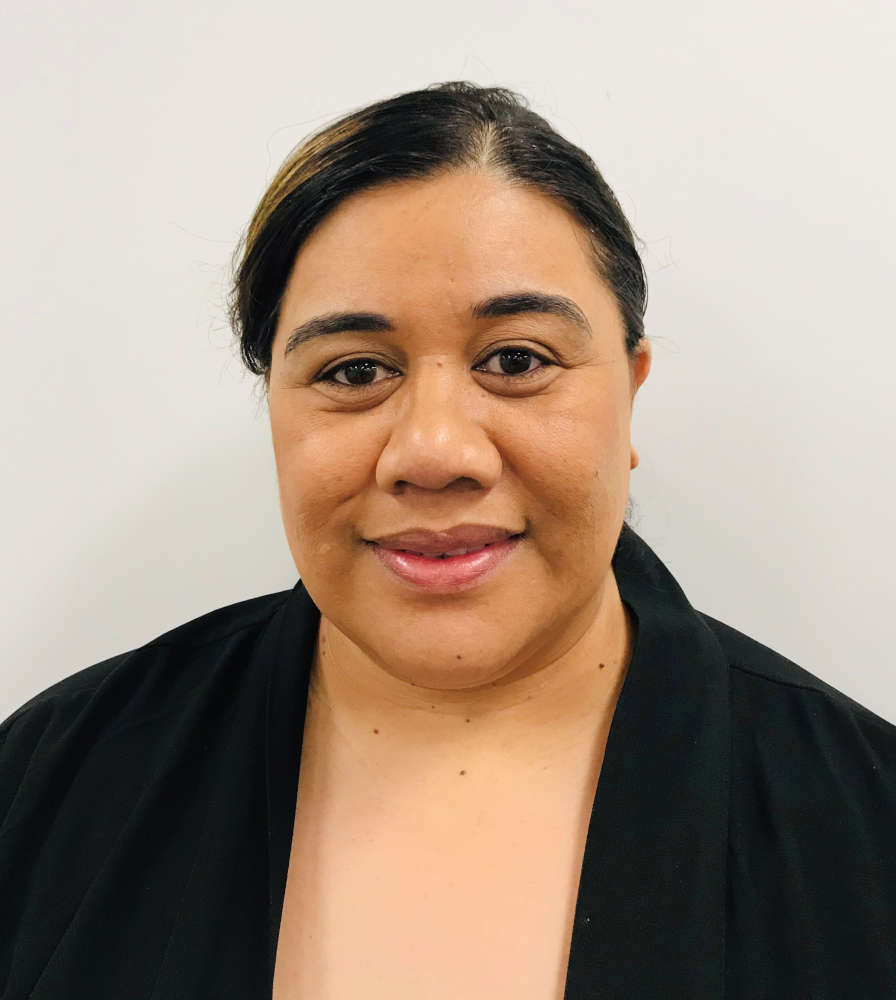
Tapu Fuiava
Managing Director, Black butterfly Groups ServicesTapu is a proud woman of Samoan Pasifika background living in Brisbane. After many years in various leadership roles, Tapu now leads a Pasifika-driven mental health recovery service called Black butterfly Group in Southeast Queensland. This service is committed to improving the health and well-being of people and their communities. Black butterfly Group is anchored in a vision to see ‘courageous communities flourishing through the power of connection’; Tapu is passionate about finding new ways to raise the optimism levels of communities. With a community development and counselling background, Tapu seeks to encourage people to have hopeful mindsets and cultivate resiliencies for all who face unprecedented mental, emotional, and spiritual battles.
Bron Rose
Service Manager Yimamulinbinkaan Aboriginal MHS & SEWB

Bron Rose
Service Manager Yimamulinbinkaan Aboriginal MHS & SEWBBio coming soon.
Dr Sean Taylor
Executive Director Aboriginal Health & Diversity, NT Health
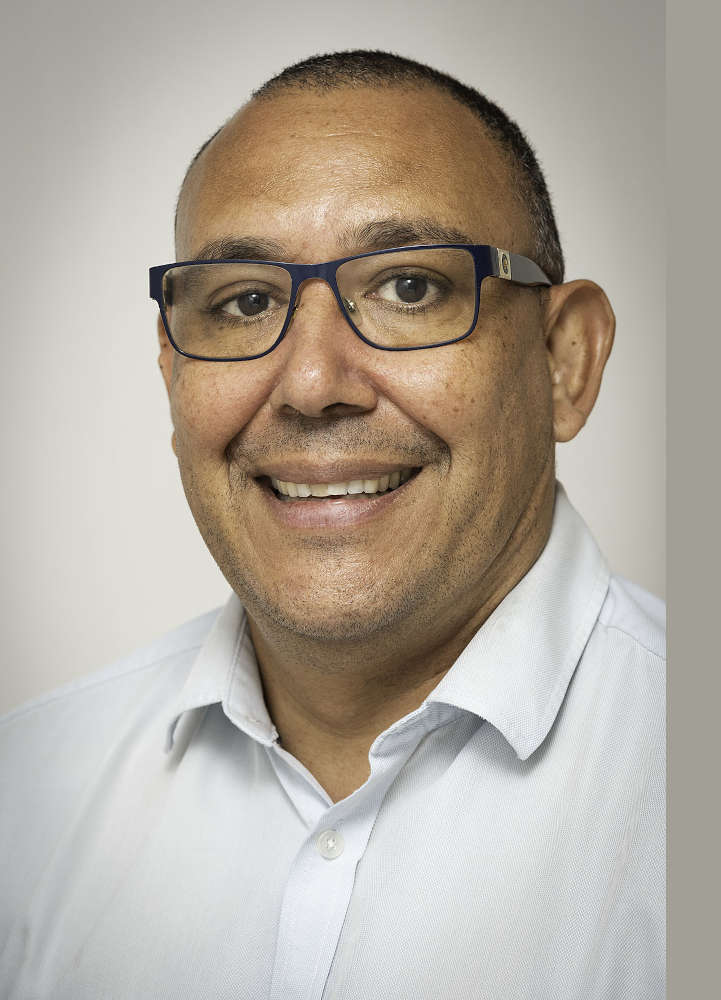
Dr Sean Taylor
Executive Director Aboriginal Health & Diversity, NT HealthDr Sean Taylor is descendent of the Dauareb Tribe, one of the eight tribes of Mer Island in the Eastern Torres Strait region.
Sean has over twenty years of clinical experience in Aboriginal and Torres Strait Islander Health working at different levels across Australia in range of academic and research interest, as well as clinical practice. He started his career as an Indigenous Health Worker in his home community of Mer (Murray) Island in the mid-1990’s and later completed a Bachelor of Nursing Science, Graduate Certificate in Health: Diabetes Management & Education, Bachelor of Health Sciences (Honours) and later a Doctor of Public Health at James Cook University.
Sean currently holds joint appointments as the Deputy Director Indigenous Leadership and Engagement, Menzies School of Health Research and Executive Director Aboriginal Health and Diversity with NT Health, Top End based in Darwin and an Adjunct Associate Professor, Public Health and Tropical Medicine with James Cook University.
Sean is currently a member of National Health and Medical Research Council Principal Committee Indigenous Caucus and Consumer and Community Advisory Working Group a member of the National Partnering with Consumers Committee and LGBTQIA+ Health Australia.
Sean is the current Chair of NT Health, Top End, Big River and East Arnhem Partnering with Consumers Committee, Communicating for Safety Committee, Aboriginal Health Committee, Aboriginal Health Partnership Committee, LGBTQIA+ Committee and Multicultural Committee and Chair of the Reconciliation Action Plan Committee with Menzies School of Health Research and NT Health, Top End, Big River and East Arnhem.
Sean is the Chair for Top End Pride Committee, President Elect For Rotary Darwin Sunrise and a co-investigator on multiple successful nationally competitive grants.
Previously, Sean held positions at Aboriginal Health Council of Australia, the Centre for Kidney Research - University of Sydney, Sansom Institute for Health Research – University of South Australia, Centre for Research Excellence in Chronic Disease Prevention in Rural and Remote Communities – University of South Australia. Centre for Chronic Disease Prevention –Australian Institute of Tropical Health & Medicine, James Cook University and Torres and Cape Hospital and Health Service.
Kaela Bayliss
Healing Works Australia
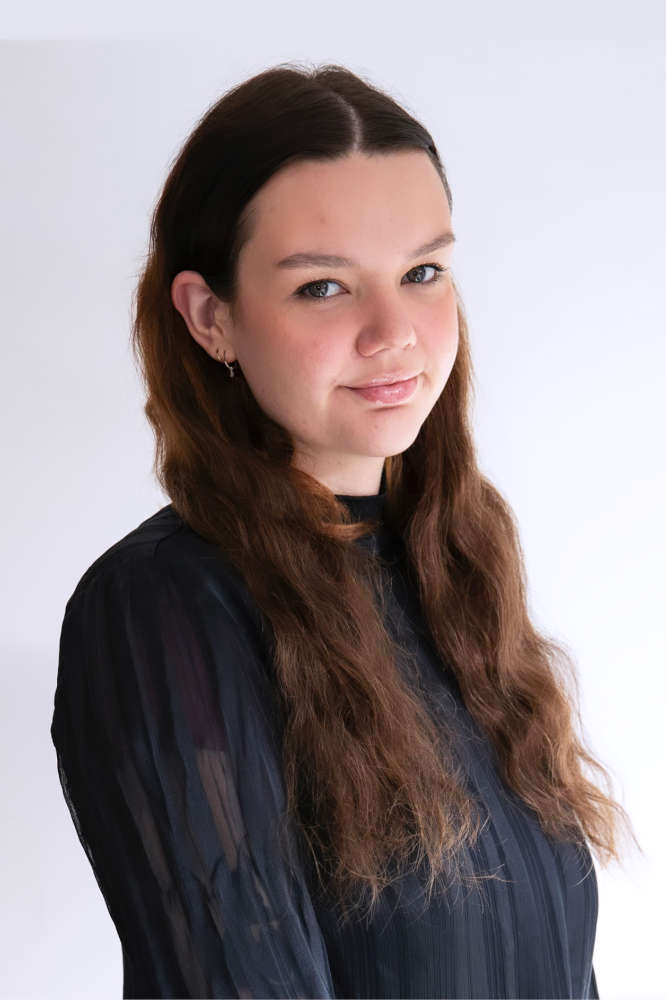
Kaela Bayliss
Healing Works AustraliaKaela is a Gamilaroi woman who was born in Tamworth NSW, but now resides in Dubbo on Wiradjuri country. Her whole life she has had a passion for guiding people to increase their quality of life. Kaela works for Healing Works Australia and had significant experience working in the disability and mental health sector before joining HWA. She now studies Psychology and Art Therapy with a clear vision of utilising these skills in her community. Now in this role, she feels she can use all her skills and support her team in making a vital change to our society, but more importantly, her people.
Dr Richard Fejo
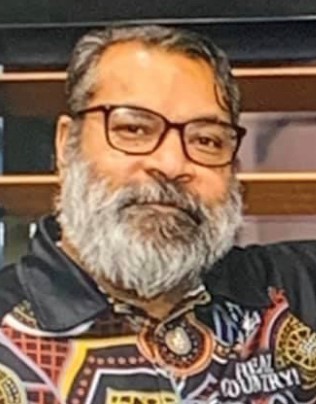
Dr Richard Fejo
Dr. Richard Fejo is a Larrakia and Warramungu man who holds a great amount of cultural knowledge and experience from both northern and central Australia. He served as the Chairman of the Larrakia Nation Aboriginal Corporation (LNAC) from 2018 to 2021. Richie also worked as a Cultural Educator with Northern Territory General Practice Education (NTGPE) for 11 years, resigning in 2020 to become the Flinders University Elder on Campus in Darwin and Chairman of the Darwin Waterfront Corporation (DWC). Richie received an Honorary Doctorate from Flinders University in 2022.
Yasmin Johnson
CEO NATSIWA

Yasmin Johnson
CEO NATSIWAOur newly appointed CEO Yasmin Johnson is a proud Wulgurukaba woman from Yunbenun (Magnetic Island & Townsville, Qld) with strong cultural connections to the Bwcolgman people of Palm Island, the Ngaro people of the Whitsundays and the Goreng Goreng people of North Central Queensland region.
Yasmin has been engaged over the past 20 years in social services sector, predominately in early family crisis intervention work and more recently, as a specialised practitioner in domestic and family violence. She was instrumental in establishing the Mackay ATSI Family Violence Support Service in 2020, including supporting a co-design approach in the development of a Women’s Healing Program, in collaboration with the National Indigenous Australians Agency (NIAA).
Along with her extensive, diverse and varied experiences, skills and knowledge, underpinning her practice of trauma-informed and specialized knowledge within the space of DFV, Yasmin is also informed in her practice through her current tertiary studies, enrolled in her 2nd year of a Master of Research Program, through Western Sydney University (WSU). Currently engaged in a research project through the Institute of Culture & Society (WSU) on Understanding the lives of Aboriginal & Torre Strait Islander women who have experienced a traumatic brain injury through family violence.
Institute for Culture and Society | Understanding the lives of Aboriginal and Torres Strait Islander women who have experienced a traumatic brain injury through family violence (westernsydney.edu.au) Findings of which will be presented at The National Aboriginal Child Safety and Domestic Violence Summit 2023 in Adelaide, at the end of this month.
Yasmin is a published author in creative writing and has contributed to two academic papers:
Fitts, M.S., Cullen, J., Kingston, G., Johnson, Y., Wills, E., & Soldatic, K. Moving research translation into research design: A disability case study with regional and remote First Nations communities and service providers in Australia - submitted to Health Sociology Review on 7 August 2022 & Fitts, M.S., Cullen, J., Kingston, G., Johnson, Y., Wills, E., & Soldatic, K. Understanding the lives of Aboriginal and Torres Strait Islander women with traumatic brain injury through family violence in Australia: A qualitative study protocol.
Yasmin has a strong focus on contextualised healing approaches within our communities and applies this knowledge in practice and in previous leadership positions she has held.
Yasmin is determined to immerse herself into the role of CEO of NATSIWA and be guided by her experiences, skills and knowledge in advocacy and leadership. She is committed to becoming a change agent in the many varied and diverse issues that impact on Aboriginal and Torres Strait Islander women at local, community, remote, regional and national levels.